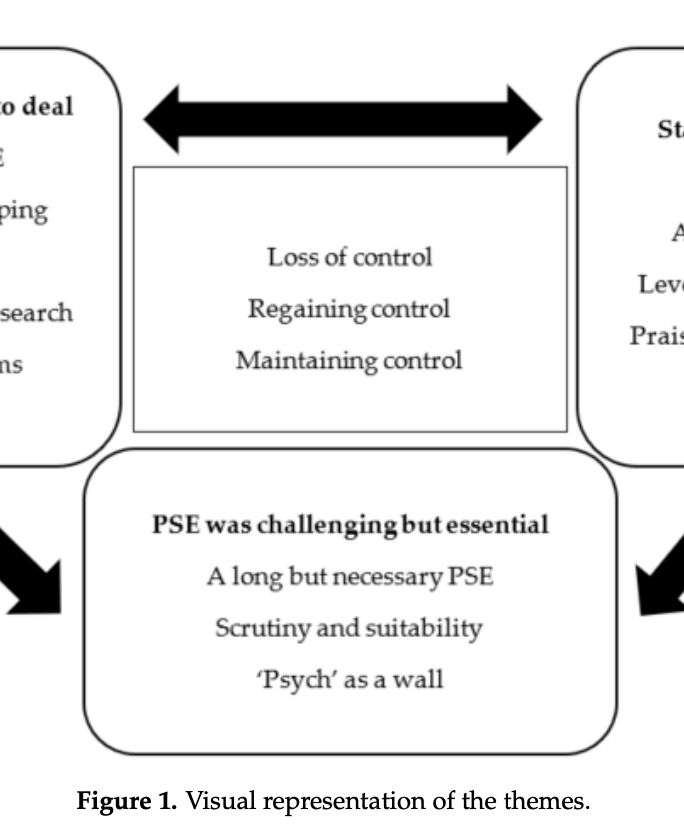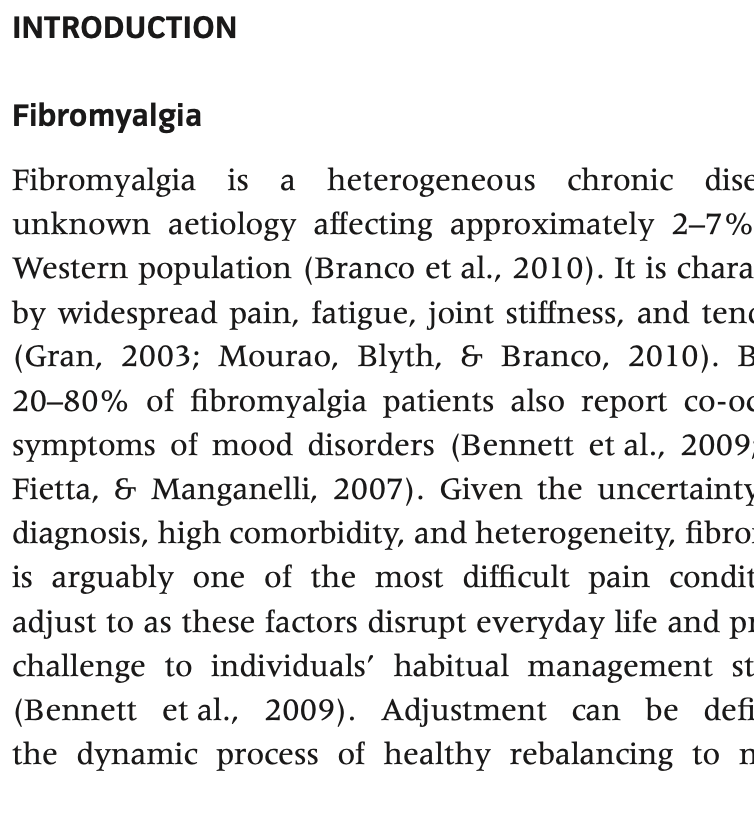Abstract: There is currently little understanding of bariatric patients’ experiences and expectations of the bariatric pre-surgery evaluation (PSE) process. This is especially true for patients within the National Health Service (NHS) in the UK. Consequently, this study undertakes a qualitative study to explore the experiences and expectations of the bariatric PSE amongst patients who had undergone bariatric surgery within the NHS in the UK, using the Interpretative Phenomenological Analysis. Three inter-related superordinate themes were presented: (i) ‘PSE was challenging but essential’, (ii) ‘Coping processes to deal with the PSE’, and (iii) ‘Staff and service evaluation’. Most participants had conflicting feelings about the PSE process as it had both positive and negative impacts on their wellbeing. The process was considered essential for preparation and successful post-surgery adjustment, though the uncertainty of approval was experienced as very distressing. Consequently, participants utilised both external and internal coping strategies, such as social support, researching, or ‘toeing the line’. Participants’ experiences encouraged them to provide feedback about the staff and service, which revealed a preference for a tailored evaluation process. The emerged themes represent an initial framework for helping healthcare providers and researchers to involve patients in service delivery thereby facilitating a patient-centred approach. A starting point is to audit patients’ perspectives routinely. Further investigations are needed to better define, validate, and understand constructs and processes identified in this study.






Citation: Sahar, K. & Riazi, A. (2021). Experiences of the Bariatric Pre-Surgery Evaluation Process in a National Health Service—An Interpretative Phenomenological Analysis. Surgeries, 2, 199–215. https://doi.org/10.3390/ surgeries2020021
Publications and Research
Abstract Objective: Fibromyalgia is a long-term condition of unknown aetiology characterised by widespread pain, fatigue, joint stiffness, and tenderness. Research in long-term conditions traditionally focuses on negative aspects of coping. The objective of this study therefore was to investigate the role of positive factors such as self-efficacy and acceptance in the context of adjustment to fibromyalgia. Method: The study employed a cross-sectional design using online questionnaires measuring self-efficacy, acceptance, kinesiophobia, coping, catastrophising, pain intensity, and fibromyalgia impact. A total of 117 participants with fibromyalgia (99 female) were recruited from fibromyalgia support-groups, organisations, and online forums. Results: Data were analysed using multiple regression analysis. After controlling for other cognitive and demographic variables, pain self-efficacy remained a significant predictor of pain intensity (p = .003); symptom self-efficacy remained the best predictor of psychological fibromyalgia impact (p=.001); and function self-efficacy remained the best predictor of functional (p<.001) and total fibromyalgia impact (p < .001). However, the contribution of acceptance upon pain intensity and fibromyalgia impact was not significant. Conclusions: The results highlight the impact of different self-efficacy domains on pain intensity in terms functional, psychological, and total adjustment to fibromyalgia, but suggest that the role of acceptance on these domains is less salient. The implications of these findings for future studies in self-efficacy and fibromyalgia are discussed.






Citation: Sahar, K., Thomas, S. A., & Clarke, P. (2016). Adjustment to fibromyalgia: The role of domain-specific self-efficacy and acceptance. Australian Journal of Psychology, 68: 29–37. doi: 10.1111/ajpy.12089








